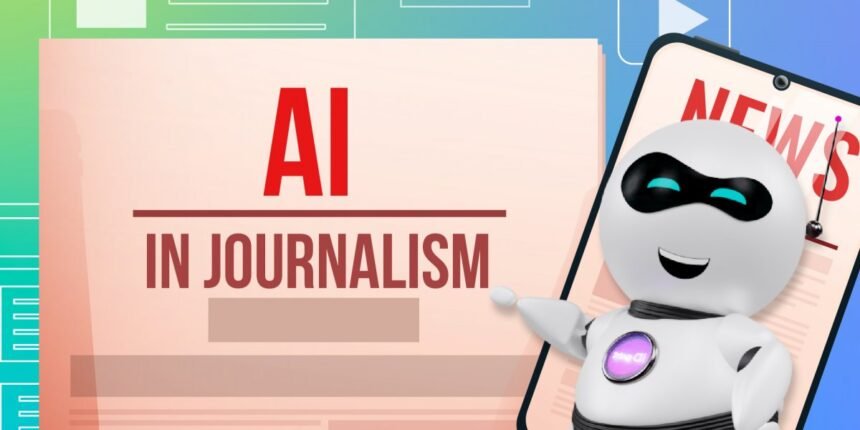However, it’s important to note that AI cannot replace the essential role of human journalists in investigating, researching, and reporting on complex issues. Human journalists bring unique perspectives, critical thinking, and the ability to ask important questions that may not be obvious to machines. Journalists are also responsible for ensuring that their reporting is fair, accurate, and ethical, which requires human judgement and expertise.
While AI can be a powerful tool for journalists, it cannot replace the essential human skills and judgement that are critical to producing high-quality journalism. Therefore, it’s important for journalists to learn about AI and how to use it effectively, while also continuing to develop their own skills and expertise.

Can AI Assist Journalism?
Yes, AI can assist journalism in a number of ways. Here are some examples:
- Data analysis: AI can help journalists to process and analyze large volumes of data, such as government reports, financial data, and social media posts. This can help journalists to identify trends, patterns, and insights that may not be immediately apparent, and uncover new stories.
- Fact-checking: AI can assist journalists in fact-checking and verifying information. For example, there are AI-powered tools that can identify fake news, check the accuracy of quotes, and detect plagiarism.
- Language translation: AI-powered language translation tools can help journalists to communicate with sources and audiences in different languages, which can be especially useful in international reporting.
Overall, AI can be a powerful tool for journalists, allowing them to work more efficiently, accurately, and creatively. However, it’s important to note that AI should not replace the essential role of human journalists in investigating, researching, and reporting on complex issues
For more such content, keep reading @techinnews



